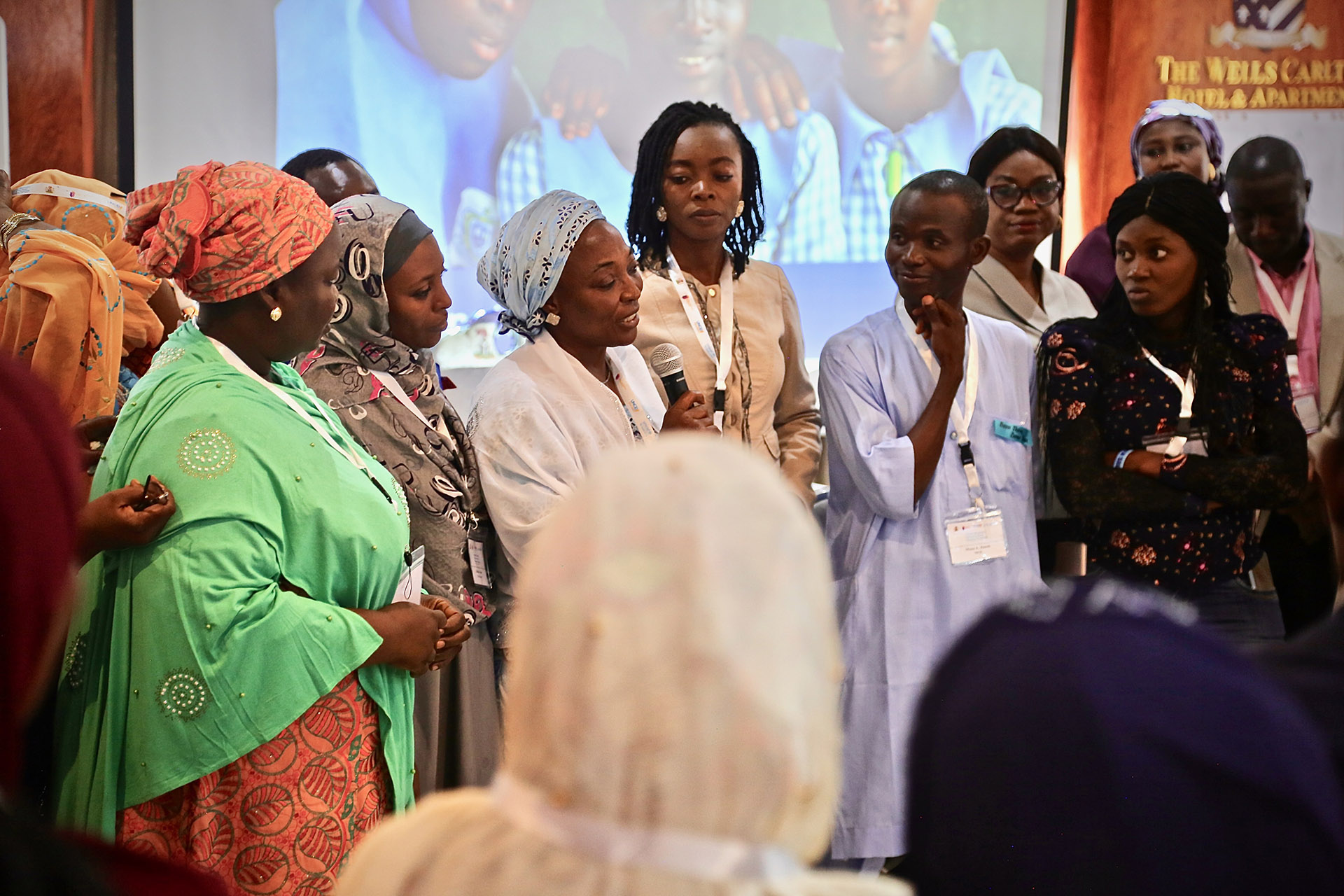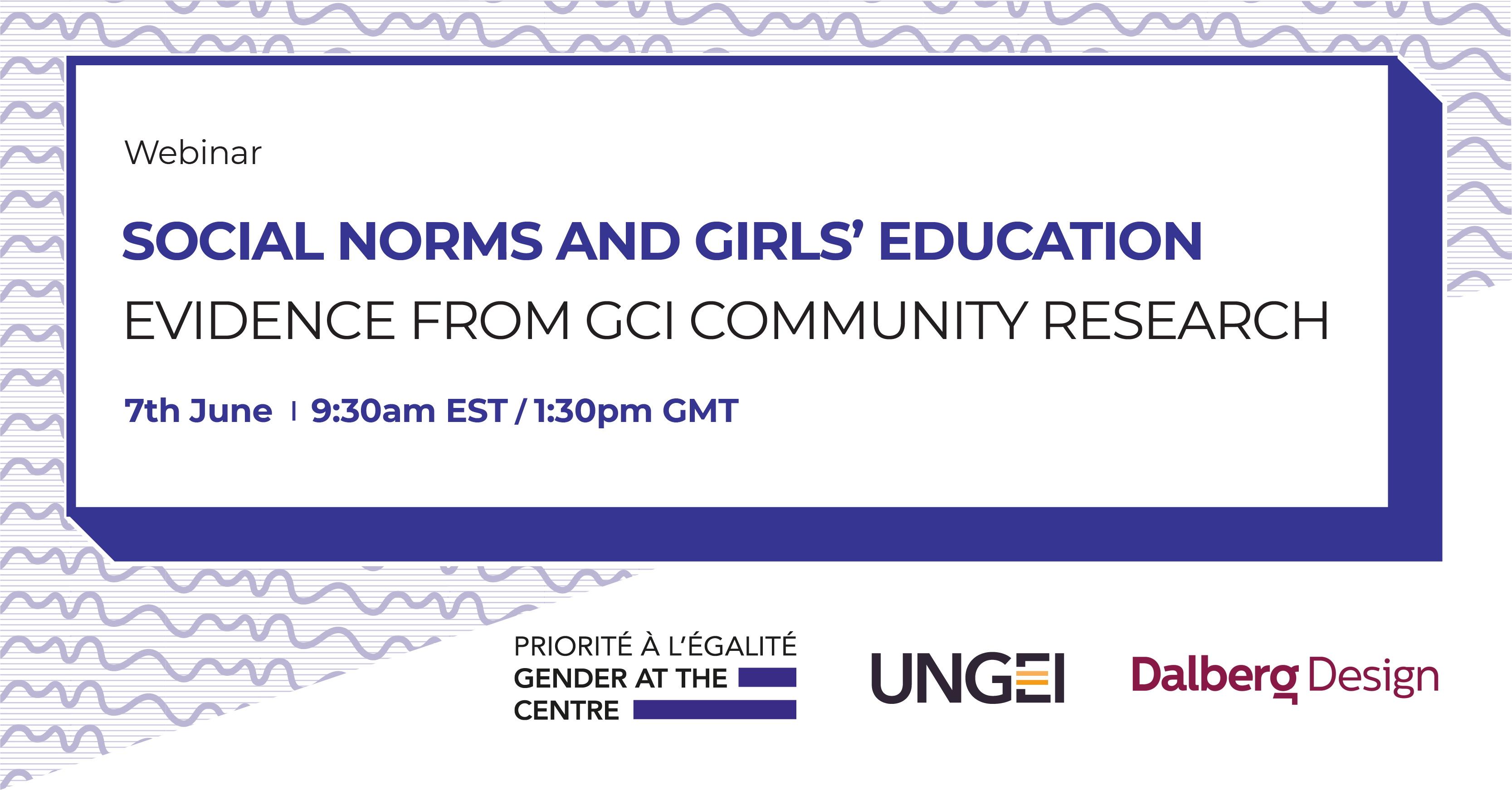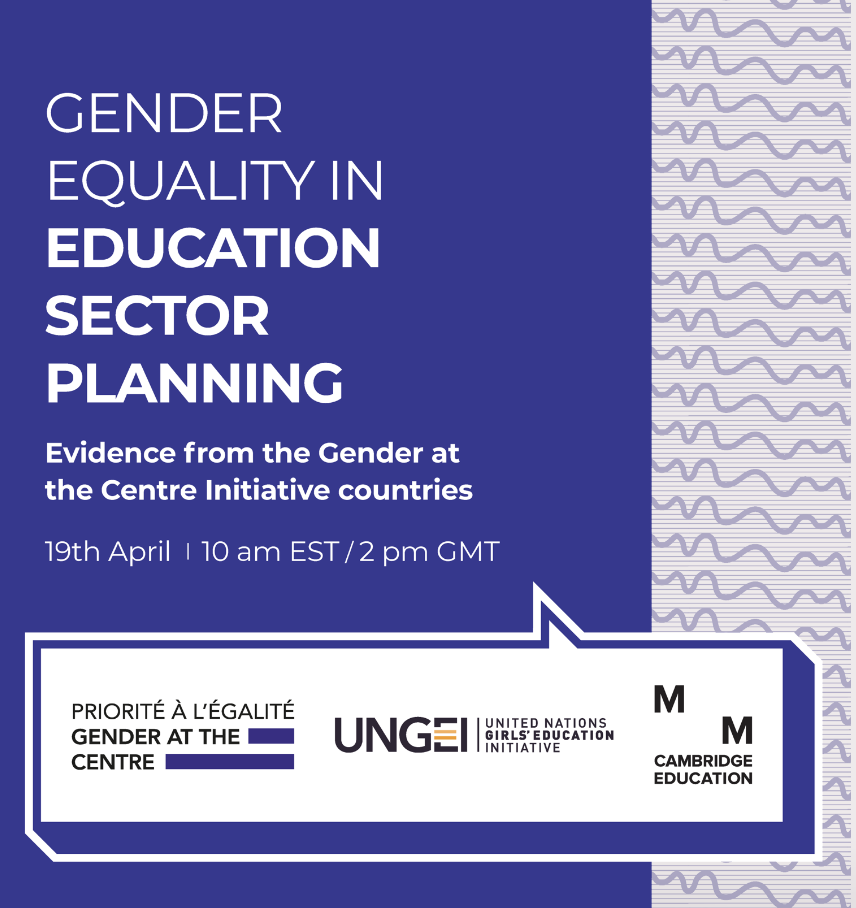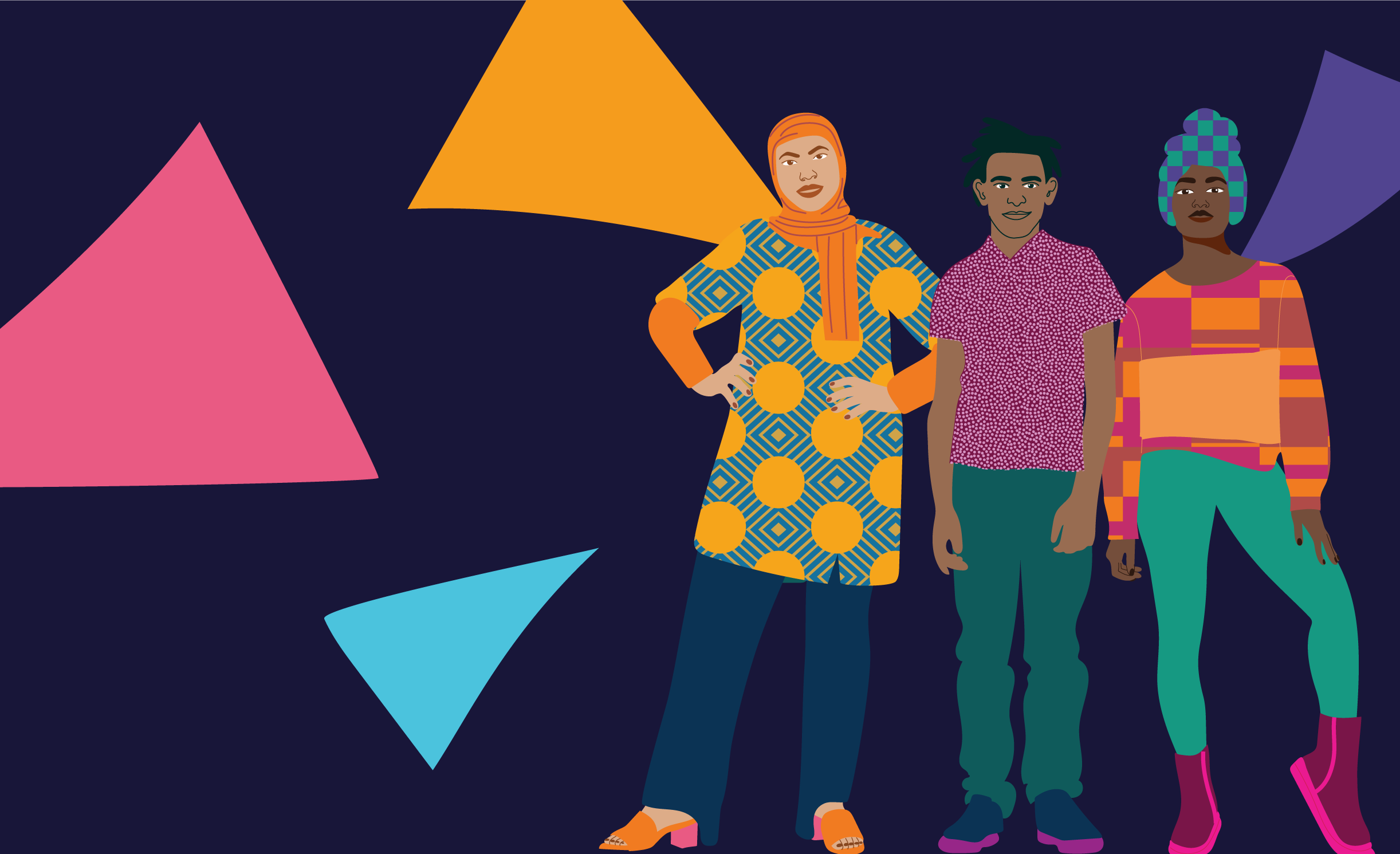Gender-responsive education sector planning workshop
A first for Nigeria
Bringing together delegations from Jigawa, Kaduna, Katsina, Kano and Sokoto states as well as the Federal Government of Nigeria, this week’s event is not only the first national GRESP workshop, but it is also the first to include a youth delegation. An intensive four-day programme, the workshop is designed to enhance delegates’ understanding of gender analysis and its role in education planning.
A ground-breaking gender-responsive education sector planning (GRESP) workshop is today getting underway in Abuja, Nigeria. Bringing together delegations from Jigawa, Kaduna, Katsina, Kano and Sokoto states as well as the Federal Government of Nigeria, this week’s event is not only the first national GRESP workshop, but it is also the first to include a youth delegation.
Co-convened by UNGEI and the Global Partnership for Education (GPE), in collaboration with UNICEF Nigeria, the GRESP workshop is an intense four-day programme designed to enhance delegates’ understanding of gender analysis and its role in education planning. Through an immersion in GRESP, the workshops build the capacity of the delegations, each comprising government, civil society and development partner representatives, to apply the core principles of gender equality in their work and increase their commitment to a shared mission of advancing gender equality in and through education.
The GRESP Nigeria Workshop: a pioneering initiative
Designed with the practitioner in mind, through the GRESP workshop delegates review their state’s education sector plan (ESP), carry out a gender analysis of the education context, and, at the end, create an action plan to guide follow up work that will make the creation and implementation of ESPs more gender-responsive. Drawing on country education sector analyses, delegates are introduced to the GPE-UNGEI GRESP Guidance along with other tools and materials on gender and education sector planning. By sharing needs, challenges and best practice, delegates glean valuable learnings which can be adapted and applied to their own contexts.

To date, over 140 participants from 25 countries across Africa and Asia have participated in GRESP workshops. The workshops have provided a valuable platform for the exchange of knowledge, resources, and experience between governments and units within governments, civil society and development partners. As the first national convening, the GRESP Nigeria workshop will offer a more in-depth learning opportunity for both participants and organisers.
Representing Connected Development, Generation Unlimited, One African Child, Plan International Nigeria and the Wadi Ben-Hirki Foundation, the six youth delegates attending this week’s workshop bring a new perspective and impetus to the movement for gender equality in and through education. Asked why youth leadership is important to GRESP, youth delegate Tinnu said, “Youth make up half the population of #Nigeria. We're not just beneficiaries of education, but essential partners."


